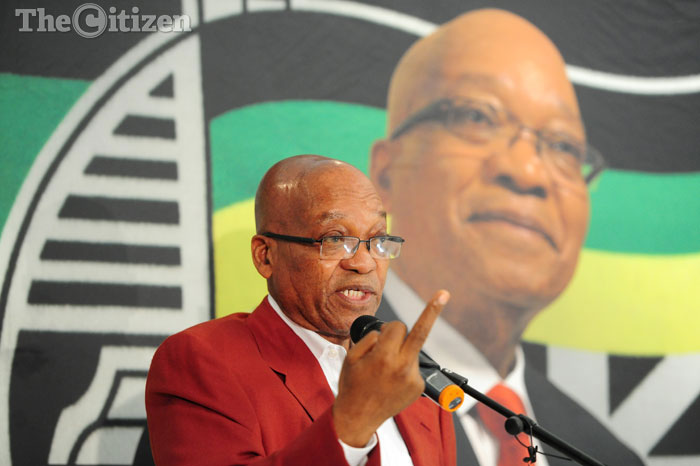
South Africa has been pitched into an unprecedented political crisis after the ruling ANC party admitted that President Jacob Zuma had defied its orders to resign, and that it had little idea of when the 75-year-old head of state would respond to its demand to leave office.
The decision to tell Zuma, who faces multiple charges of corruption, to stand down was taken at anemergency session of the highest decision-making body of the African National Congress near Pretoria, the administrative capital, late on Monday evening, and conveyed to the president about midnight.
Ace Magashule, the ANC’s secretary general, confirmed on Tuesday that the party had decided to “recall” Zuma from his “deployment as president” but said that no deadline had been given and there had been no discussion of bringing a motion of no-confidence to oust him.
“When we recall our deployee we expect him to do what we tell him to do … We are expecting the president to respond tomorrow … there’s no deadline,” Magashule told a press conference in Johannesburg.
The failure to immediately force Zuma from office will be seen as evidence of deep divisions within the ANC, and underlines the failure of Cyril Ramaphosa, deputy president and the party’s leader, to impose his authority on the organisation.
The meeting of the ANC’s national executive committee (NEC) was called after it became clear over the weekend that nearly five days of talks between Zuma, an anti-apartheid activist who has been South Africa’s president since 2009, and Ramaphosa, who took over the leadership of the ANC in December, had failed.
After nearly 10 hours of heated debate, Ramaphosa and Magashule left the meeting shortly before midnight to drive to the president’s official residence to deliver an ultimatum: stand down or face “recall”, a technical term for the process of forcing an ANC official to leave their post.
Magashule described the meeting as “very cordial”.
“We are looking forward to an amicable solution. We respect him as a leader who has contributed immensely in the [liberation] struggle. There is no need to humiliate him. We did not take this decision because Jacob Zuma has done anything wrong,” he said.
Many in South Africa are increasingly impatient with the ANC’s management of the crisis, which has undermined the sense of optimism prompted by Ramaphosa’s election.
Zuma’s tumultuous nine years in power have been marred by economic decline and multiple charges of corruption that undermined the image and legitimacy of the party that led South Africans to freedom from apartheid in 1994.
However, Zuma retains significant support inside the party and at a local level in many parts of South Africa. Analysts have described the crisis as “a battle for the soul of the ANC” and “a referendum on the true balance of power within the party”.
Zuma was demanding a three- to six-month “notice period” before resigning, Magashule, who has long been close to the president, said at the press conference on Tuesday.
The Guardian
